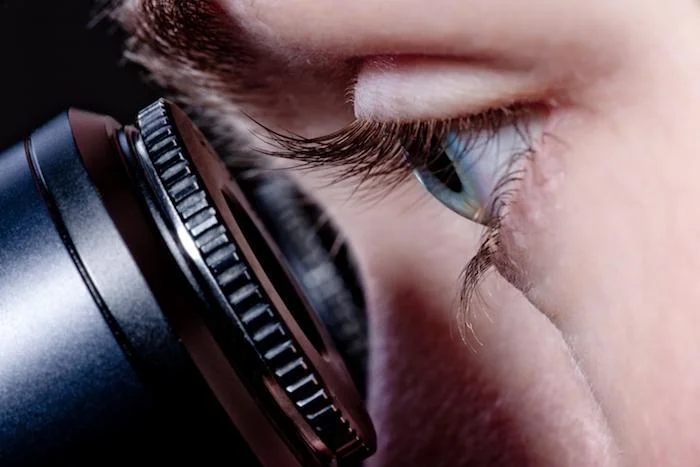Whether you have Type 1 or Type 2 diabetes, controlling your blood glucose levels through a healthy diet, exercise, plenty of sleep, and — if appropriate — medication does more than keep you feeling healthy and energized. It also protects your blood vessels, your organs, your limbs, and your eyes.
Uncontrolled or poorly managed diabetes can damage the blood vessels in your eyes. In addition to creating vision problems, diabetes could even lead to total, permanent blindness.
If you have diabetes, expert and caring ophathamologist John Ghobrial, MD, encourages you to have regular diabetic eye exams to ensure that your disease isn’t threatening your vision. At Eye Associates of Monmouth in Colts Neck, New Jersey, our team helps ensure you keep your eyes safe. Here’s what you should know.
Diabetes can damage your vision
When you have diabetes, you have too much glucose, or sugar, circulating in your bloodstream and not enough insulin to transfer it to cells so they can convert the glucose to energy. The excess sugar damages and wears down the walls of the blood vessels it travels through, including those in your eyes.
Diabetes can also alter the fluid levels within your eyes, which can cause swelling. Damaged blood vessels may start to leak fluid. In an attempt to compensate for damaged vessels, your eye may grow new blood vessels that are often weak and can cause scarring on your eyes or increase eye pressure.
The most common eye diseases that arise from diabetes are:
Diabetic retinopathy
Damaged blood vessels affect your retina, the part of your eye that senses light and transforms it into signals that your brain decodes as images of the world around you. Diabetic retinopathy can lead to partial or complete blindness.
Diabetic macular edema
The macula is the part of your retina that you use to recognize faces, read, and drive. Macular edema is swelling in the macula that causes partial or total vision loss.
Glaucoma
Glaucoma is an umbrella term for eye diseases that create pressure in your eye and damage your optic nerve. The optic nerve serves as the connection between your eye and your brain. When you have glaucoma, you may first lose your peripheral vision. Glaucoma can lead to total blindness.
Cataracts
A cataract is a clouding of the lens that focuses light in your eye. Cataracts affect 20.5 million US women and men over age 40, and they are the leading cause of blindness worldwide. If you have diabetes, you’re more likely than the average person to develop cataracts and may do so at a younger-than-normal age.
Pay attention to eye and vision changes
You may notice that your vision is temporarily blurry when you switch diabetes medications or make lifestyle changes. However, if the blurriness persists more than a few days, contact us at once.
You should also remain on high alert to vision changes that accompany high blood glucose levels. Go immediately to the emergency room if your blood sugar is high and you experience:
- Sudden vision changes
- Flashes of light
- More spots or floaters than usual
- Pain
- Loss of vision
- Loss peripheral vision
- Feeling like a curtain is pulled in front of your eyes
No one should ignore vision changes, but if you have diabetes, be on high alert to the signals that your eyes send you. Changes in the way you perceive colors, the sharpness of your vision, and frequently changing vision are signs that your vision is at risk and that you need treatment.
Get regular diabetic eye exams
All women, men, and children should have regular eye exams to be sure that their vision is clear and that their eyes are healthy. Especially as you age, your eyes become susceptible to diseases that can alter or even destroy your vision.
When you have diabetes, though, you’re at greater risk for eye diseases than the average person. The American Diabetes Association recommends annual comprehensive eye exams for diabetics, even if you don’t need vision correction such as eyeglasses or contact lenses.
Dr. Ghobrial takes extra care to examine all aspects of your vision and eye anatomy to ensure you’re not in danger of vision loss. Your diabetic eye exam includes:
- Comprehensive vision test
- Comprehensive exam
- Intraocular pressure exam
- Dilated eye exam
We may also work with your health care team to help you make healthy lifestyle changes that control your diabetes.
If you haven’t visited your eye doctor lately, book a diabetic eye exam today. Contact our friendly team by phone, or book an appointment online.


